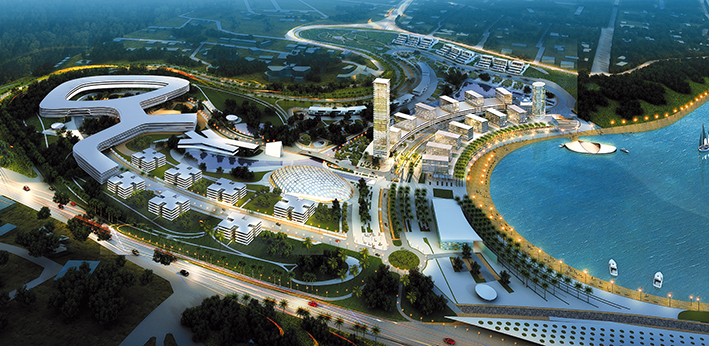Mugabe Style
I have been doing some reading up on hyperinflation. The obvious way it could happen in the Ivory Coast is if Gbagbo somehow manages to create a new currency and starts printing it Mugabe-style to cover all his regime’s needs. A more far fetched way, but scarily not entirely unconceivable, is if the Euro countries don’t sort out their budget deficits and the ECB keeps on massively printing euros to buy Portoguese/Irish/Greek/Spanish government bonds. Then the CFA zone would import euro inflation.
Aside of the above scenarios, the effects of the current very unusual situation in the Ivory Coast with a banking system collapse and dramatically decreased trade and business activities, are very similar to the effects of hyperinflation.

What about real estate?
One of my favourite financial bloggers Gonzalo Lira has written extensively about hyperinflation, often with a starting point in the Chilean experience 70-73. I think many of Lira’s points, such as real estate prices dropping, and prices of basic consumable necessities for life increasing, are applicable to the Ivory Coast.
As for real estate, sellers are often hesitant to drop prices which become “sticky to the downside”. If sellers don’t have any problems with their immediate needs, and expect the crisis to end and things go back to normal, then real estate prices won’t drop very much. However with the days passing, the economy worsening and Gbagbo showing no signs of letting up, it looks plausible that Ivorian real estate prices could drop in the same way as in Chile in 73.
Here is an excerpt from a Lira post entitled Hyperinflation – What it will look like :
After all, if the prices of consumer goods and basic staples are rising in a hyperinflationary environment, then asset prices should rise as well—right? Equities should rise in price—since more money is chasing after the same number of stock. Real estate prices should rise also—and for the same reason. Right?
Actually, wrong—and for a simple reason: Once basic necessities are unmet, and remain unmet for a sustained period of time, any asset will be willingly and instantly sacrificed, in order to meet that basic need.
To put it in simple terms: If you were dying of thirst in the middle of the desert, would you give up your family heirloom diamonds, in exchange for a gallon of water? The answer is obvious—yes. You would sacrifice anything and everyting—instantly—in order to meet your basic needs, or those of your family.
So as the situation in Chile deteriorated in ’72 and into ’73, the stock market collapsed, the housing market collapsed—everything collapsed, as people either cashed out of their assets in order to buy basic goods and staples on the black market, or cashed out so as to leave the country altogether. No asset class was safe, from this sell-off—it was across-the-board, and total.
A true story: In ’73, at the height of the Allende-created hyperinflation, an uncle of mine, who was then a college student, was offered an apartment in exchange for his car. That’s right—an apartment. He owned a crappy little Fiat 147—a POS if ever there was such a thing—but cars in Chile in the middle of that hyperinflation were so scarce, and considered so valuable, that he was offered an apartment in exchange. To this day, my uncle still tells the story—with deep regret, because he didn’t follow through on the offer: “That Fiat was in the junkyard by ’78, but that apartment still stands! And today it’s worth nearly a half a million dollars!” Actually, I think it’s worth a bit more than that.
Continue reading “Hyperinflation” →



